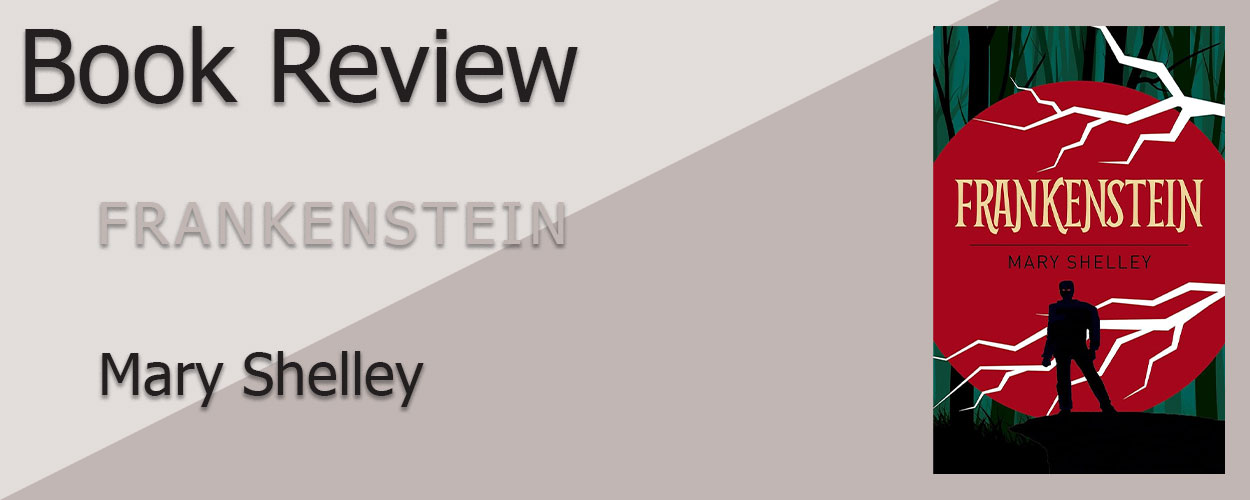

I really liked it
I first read this book back in high school and I loved it, so I knew I had to reread it and share my thoughts in a review.
Reread: Mar. 1 – Mar. 2, 2025
Genre: Classic, Science Fiction
Audience: Adult
Book contains: resurrection, murder, bigoted hatred, arson, referenced murder of a child
Purchase a copy from Amazon.ca
In his studies of natural philosophy and the human body, Victor Frankenstein is overcome with a fervent need to create life from nothing and thus constructs his new species. Then, struck by the horror of what he’s done, he abandons his “son” and is met with dire consequences.
I’ll say this first—this book was written during the Romantic period and thus the writing is woven together with beautiful long descriptions of nature and the world. It’s so vivid and awe-inspiring, something I cherish when reading. Shelley brings the natural world to life, and it works as an excellent foil and contrast to the unnatural actions taken by Dr. Frankenstein (and his creation) in the plot.
This book is a tale within a tale within a tale. It starts with letters being sent to the sister of Captain Walton. Within these letters, Victor Frankenstein is telling his life’s story, and within that story, the creature recites his own story to Victor, who tells it to Walton, who tells it to his sister. I love how meta it is.
I listened along to the LibriVox audiobook on Spotify while bookbinding. The reader had an excellent voice, and breathed life into the story.
Captain Walton, the first character we meet, is an ambitious man, looking to sail to the North Pole. On his quest, he sees the creature, and he meets Victor Frankenstein, who begins telling his story. From the tale, we see that Victor grew up in a lenient and loving home, but became hungry for knowledge and disillusioned by his success. This ambition leads Frankenstein down a path of ruin. The monster, never given a name, begins his life innocent but strong, and learns the harshness of the world. He becomes hardened by betrayal and hatred and abandonment.
The relationships within this book are all so complex and deep. The political points and criticism of humanity as a whole are shown even more obviously through these relationships.
Such beautiful writing; I can’t say it enough. The natural beauty that Shelley describes of the weather and mountains and forests is a delight. I was also moved by how she captures the experience that Frankenstein’s creature has as a new being, almost like a baby, as he learns and grows within the world around him.
The pacing of this book was excellent, though it spent a long time on description. All the same, it’s told as an autobiography, and the reader traverses through Victor Frankenstein’s life knowing or suspecting what comes next. The commentary made by Frankenstein himself throughout is not unwelcome and does well in breaking up the more monotonous parts.
This is a book I will always recommend, especially to lovers of science fiction—and for those who really enjoy poetic descriptions of nature within prose.
Dracula by Bram Stoker
The Phantom of the Opera by Gaston Leroux
The Strange Case of Dr Jekyll and Mr Hyde by Robert Louis Stevenson
Tigerpetal Press is a small book press dedicated to publishing local authors and poets.